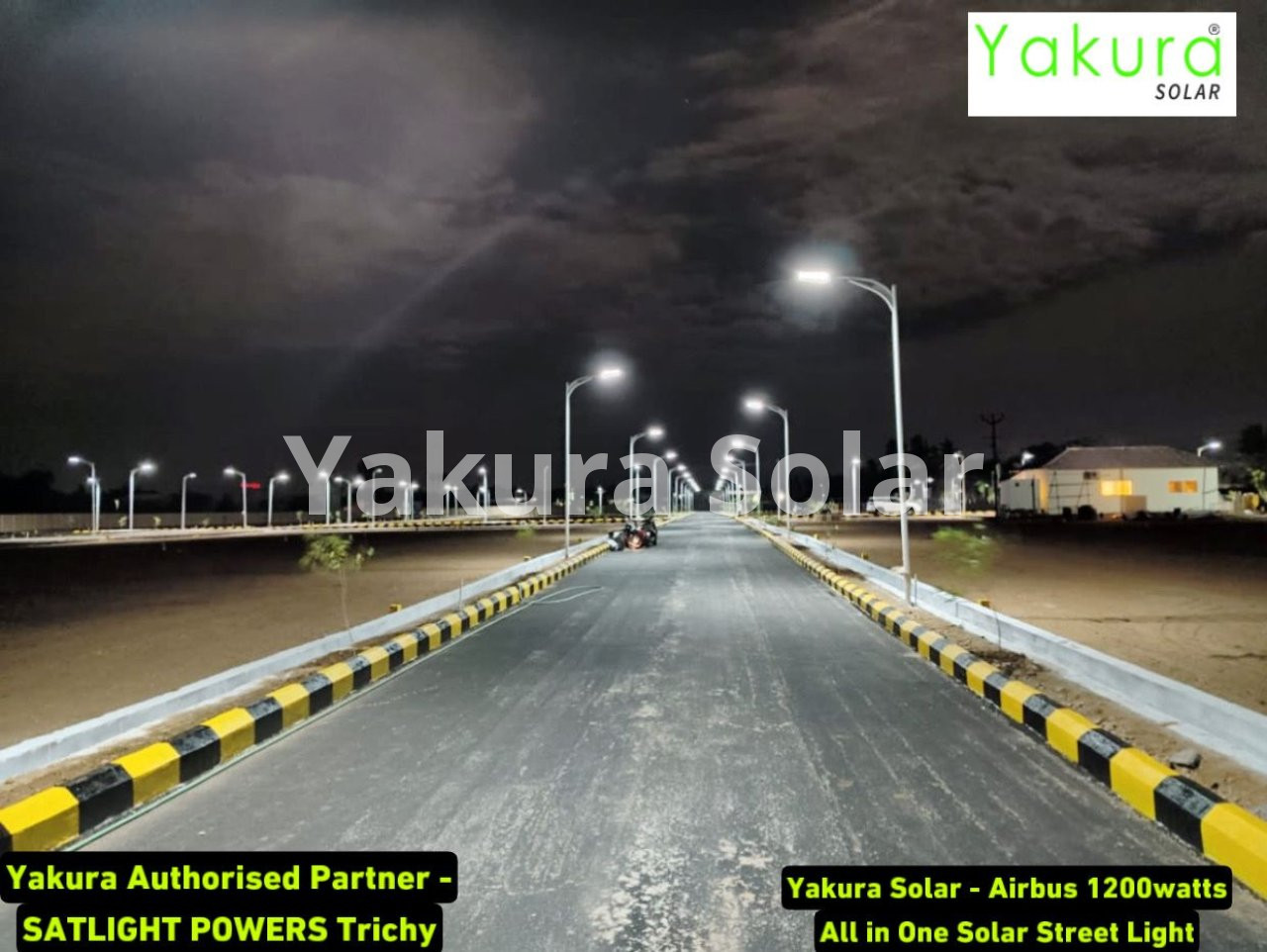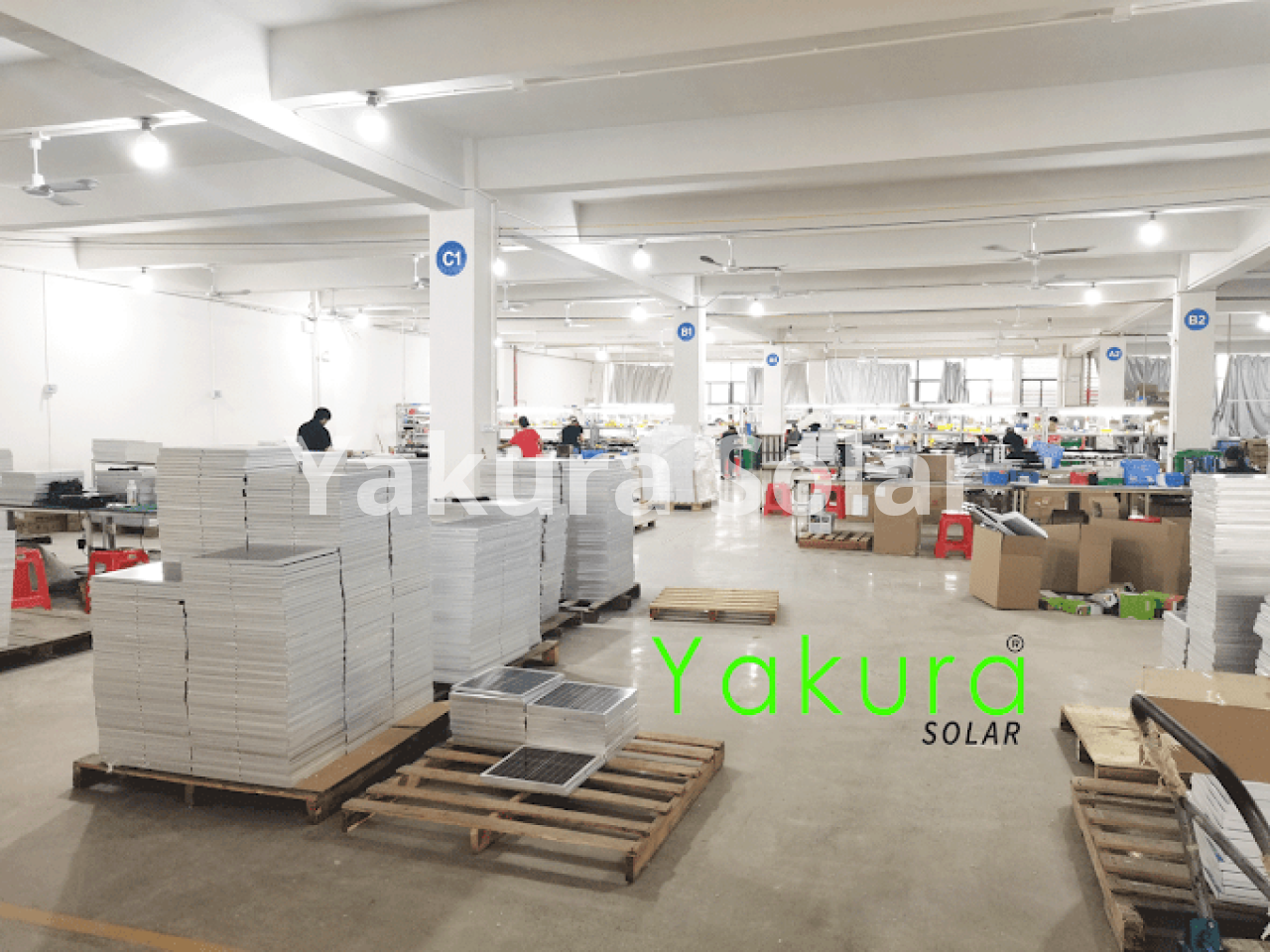Solar Project in Guruvayur
YAKURA SOLAR - SOLAR PROJECTS
A solar project typically refers to an initiative or undertaking aimed at harnessing solar energy to generate electricity or provide other forms of energy. Solar projects can vary in scale and purpose, ranging from small residential rooftop solar installations to large utility-scale solar farms. Here are some key aspects of a solar project:
-
Solar Panels: Solar projects typically involve the installation of solar panels, which are devices that convert sunlight into electricity through the photovoltaic effect. These panels are often made from silicon-based solar cells.
-
Location: The location of a solar project is crucial. It can be on rooftops, in open fields, or in deserts, depending on the project's scale and goals. The location should receive an adequate amount of sunlight to make the project economically viable.

-
Sizing: Solar projects can be small-scale (e.g., for a single home) or large-scale (for a city or a region). The size of the project is determined by the energy needs it aims to fulfill.
-
Inverters: Inverters are used to convert the direct current (DC) electricity generated by solar panels into alternating current (AC) electricity, which is the type of electricity used in homes and businesses.
-
Grid Connection: Many solar projects are grid-connected, meaning they are integrated into the local electrical grid. Excess electricity can be supplied to the grid, and electricity can be drawn from the grid when solar production is low.

-
Off-Grid Systems: Some solar projects are designed to be off-grid, providing electricity to remote areas or locations without access to the traditional electrical grid. In such cases, energy storage systems (e.g., batteries) are often used to store excess energy for use during nighttime or cloudy periods.
-
Energy Storage: Energy storage systems, such as batteries, are used to store surplus energy generated during the day for use during the night or when the sun is not shining.
-
Environmental Considerations: Solar projects are often considered more environmentally friendly compared to fossil fuel-based energy generation, as they produce no direct emissions. However, there can be environmental considerations related to land use, materials used in panel production, and disposal of old panels.
-
Government Incentives: Many governments offer incentives and subsidies to encourage the development of solar projects, such as tax credits, rebates, and feed-in tariffs.
-
Maintenance: Regular maintenance is necessary to ensure the efficiency and longevity of a solar project. This includes cleaning panels, checking electrical components, and monitoring performance.
Solar projects have become increasingly popular as solar technology has advanced and become more affordable. They play a crucial role in reducing greenhouse gas emissions, promoting renewable energy, and moving toward a more sustainable and clean energy future.




